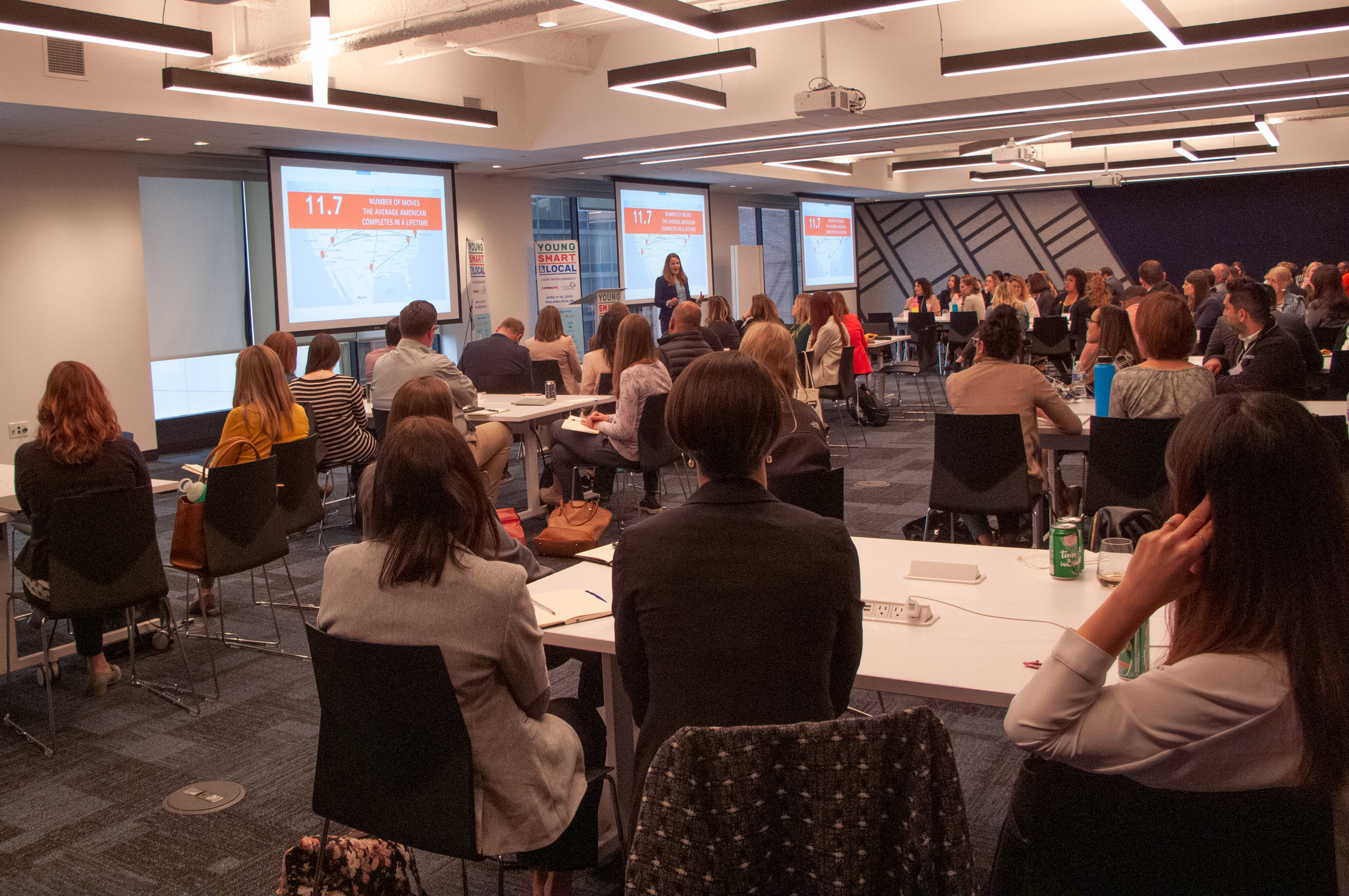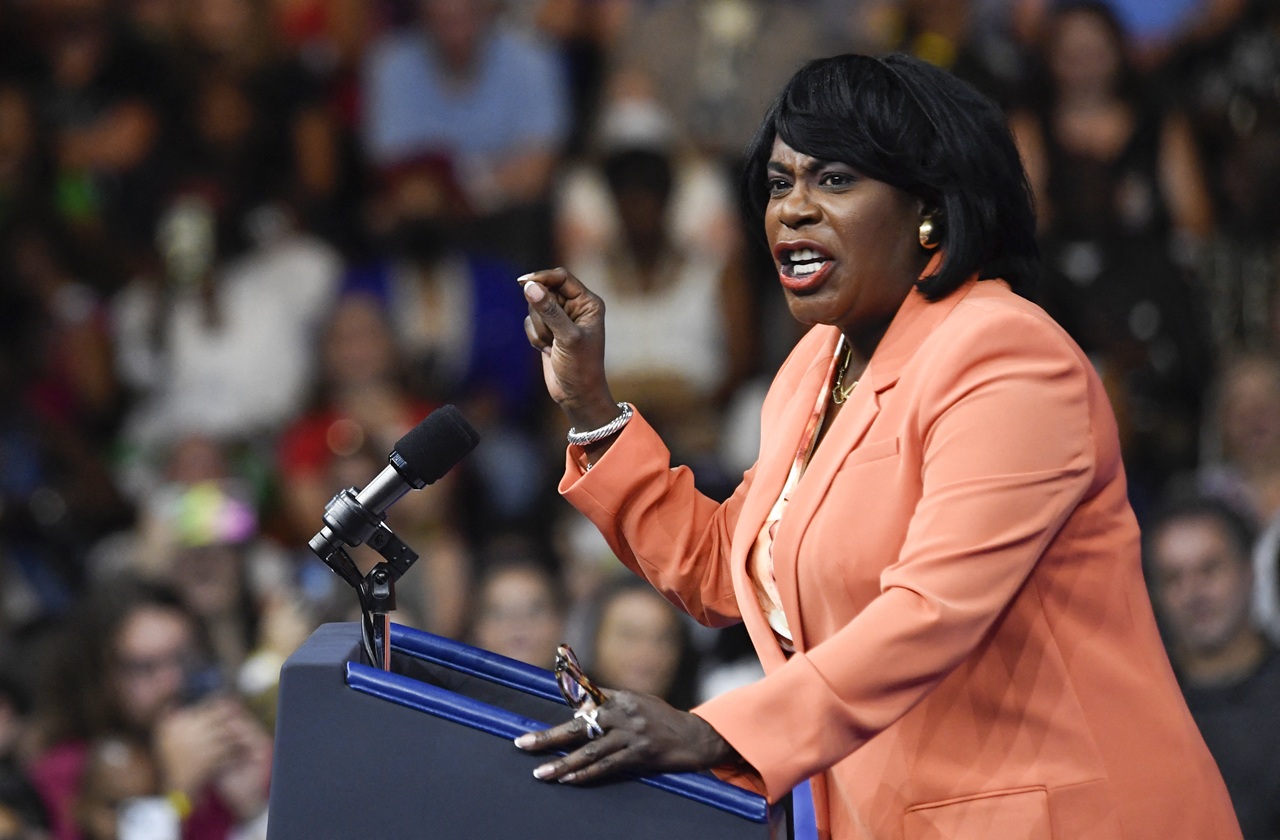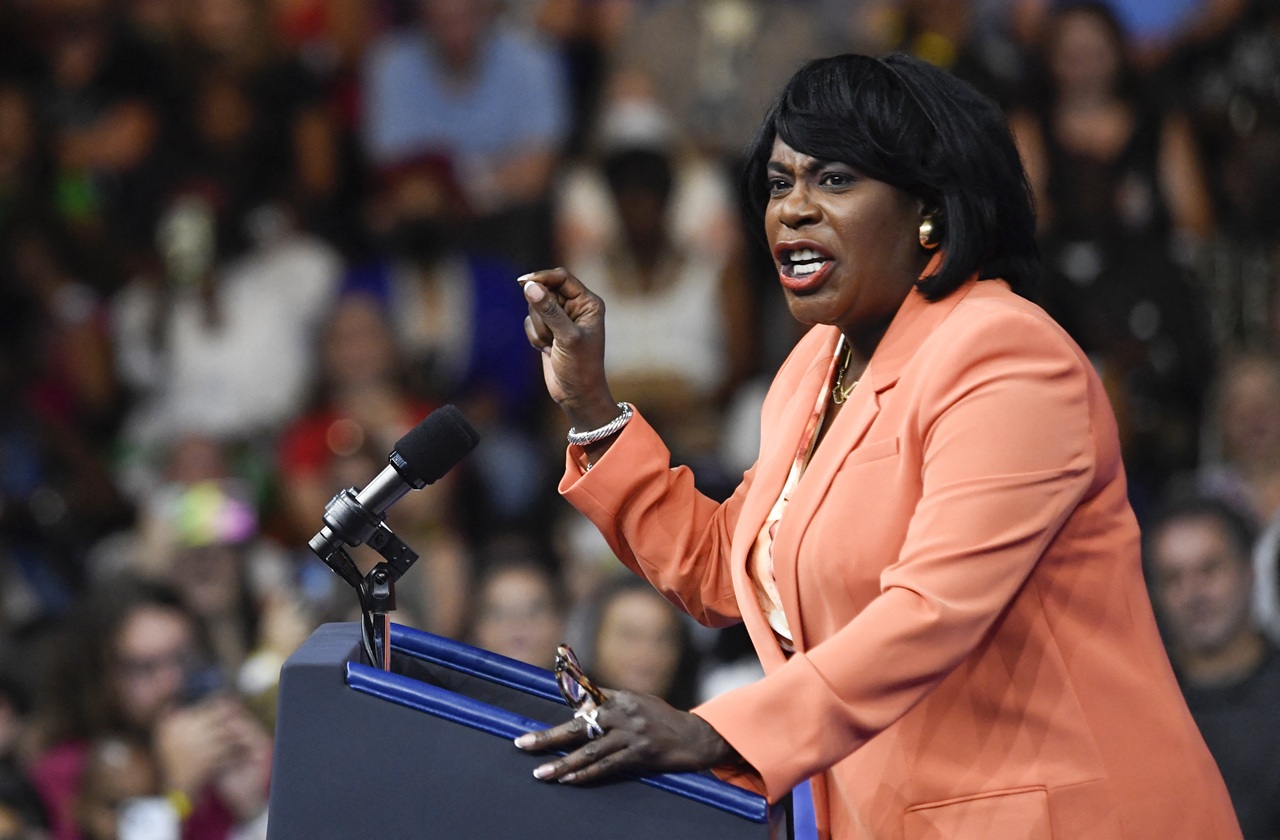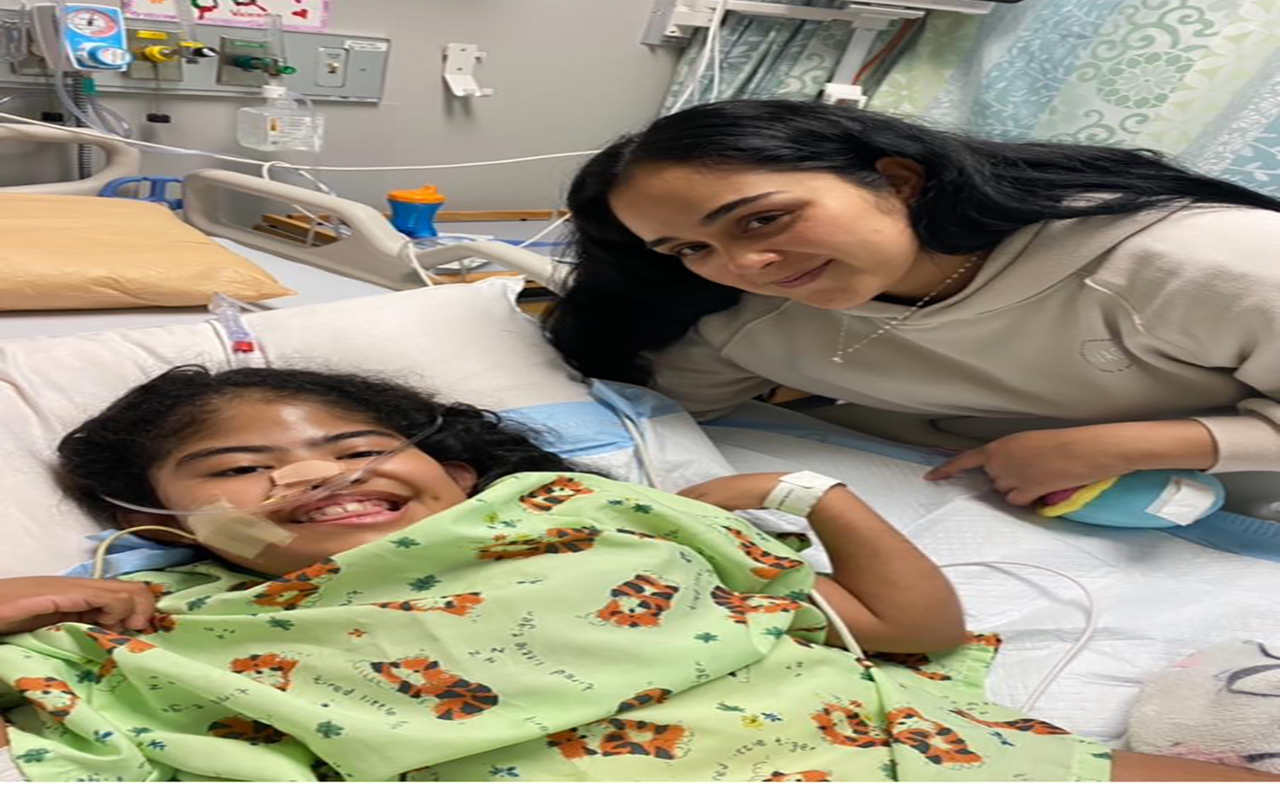
Campus Philly produces in retaining and building diversity in the city and the workforce
Last week, Campus Philly hosted their first-ever Young, Smart, and Local Conference, designed to inform and engage leaders from various organizations on the best practices around talent growth and attraction.
During the two-day event on April 9th and 10th, representatives from 50 cities across the nation attended. The conference featured 13 events over the two days, with each one having diverse representation by industry sector, gender, race, and area of expertise.
Since forming in 2000, Campus Philly has been one of the leading local organizations aiming to help college students and graduates find opportunities to launch their careers in the city after graduation, through various events throughout the year.
“All are intended to connect students to internships; help them build their networks with employers and with each other; and learn what kinds of professional opportunities there are in Philadelphia,” Campus Philly President Deborah Diamond, said in an email after the conference.
In April 2019, Campus Philly released a report highlighting the growth of young college-educated residents in Philadelphia and the impact that growth has had.
According to the report, Philadelphia has a 54 percent retention rate for regional college students.
The city of Philadelphia has also seen the number of young adults with college degrees increased by 115 percent since 2000.
“Students on Philadelphia's campuses are more diverse than ever,” Diamond said.
It’s important for that diversity to be leveraged, and for the diverse student community in the city to have the resources and desire to start or build their careers here after graduation.
CONTENIDO RELACIONADO
However, there hasn’t been a ton of success in doing so over the years.
When asked why she believes diversity in the workforce lags so far behind the diversity in the city, Diamond said it’s due to the leaky talent pipeline that starts in pre-K through post-college graduation.
“Jobs still depend on networks and with whites dominating so many of our professional environments, it still remains challenging to break into some fields and learn of job openings through networks,” Diamond said.
Out of the four leading cities in college student retention, Philadelphia is the most racially diverse.
Diamond said that this dynamic can provide an opportunity to create professional communities, as well.
“When that happens, businesses serve clients and customers better, they’re better equipped to grow, and they bring new perspectives into the workplace,” said Diamond.
For the past 18 years, AL DÍA has hosted an annual Philadelphia Diverse City Career Fair to provide resources and the opportunity for the diversity in the workforce to more closely match the diverse population in the city—an endeavor Campus Philly fully supports, encouraging students to attend.
Informing people about the relevance of having workforce diversity is essential and crucial to both organizations, especially as it pertains to problem solving.
“We don’t realize how much of how we solve problems — what we even consider a problem — is linked to our life experience,” said Diamond. “If you don’t have people with different life experiences around the table, you won’t be able to solve very many problems or see very many opportunities.”










DEJE UN COMENTARIO: